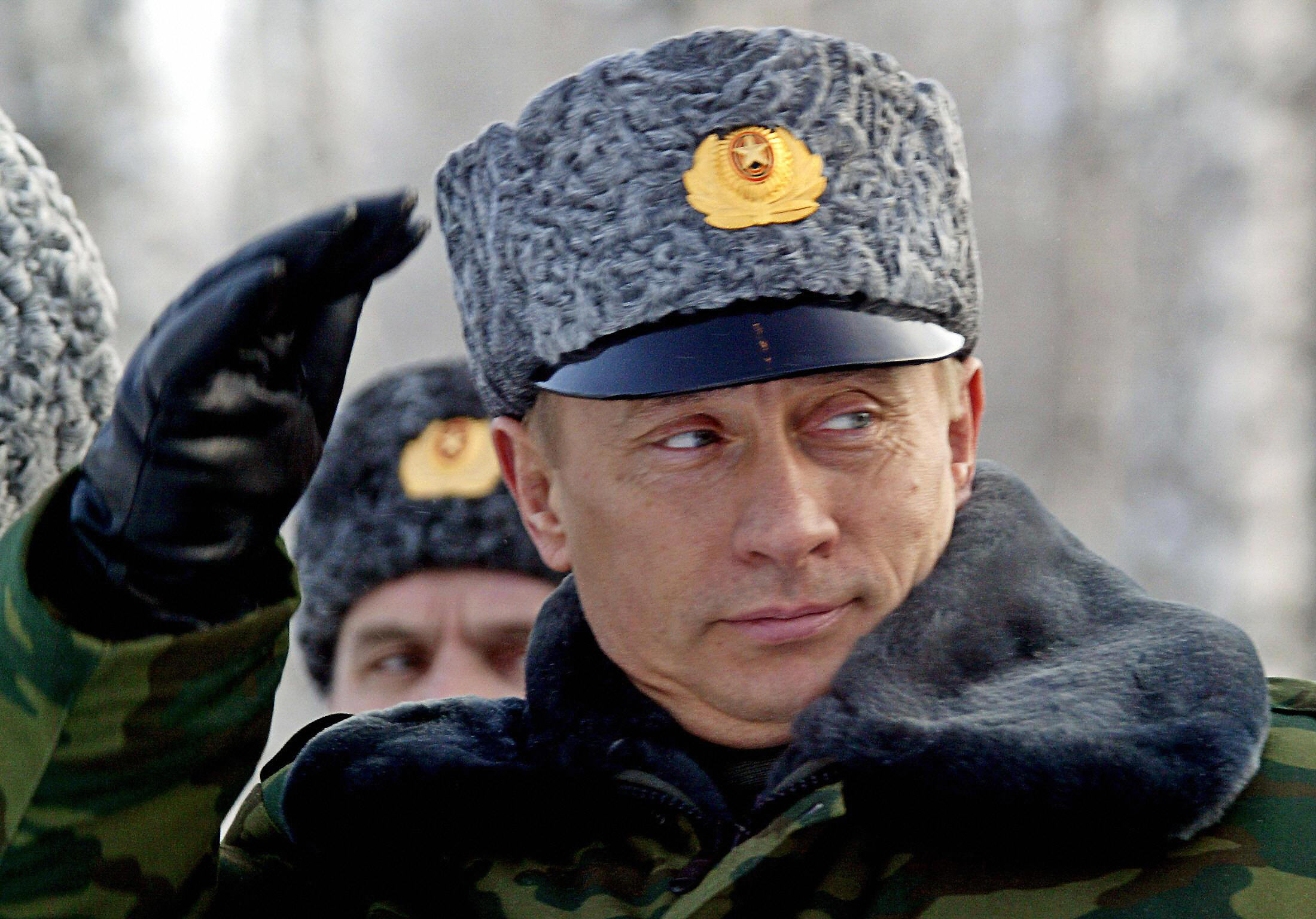To understand Russian President Vladimir Putin, we must see the world through his eyes

One of the most valuable analytical lessons of all was explained to me succinctly by my foreign policy tutor during my happy days at St. Andrews.
As he put it, the key to political risk analysis is not to imagine what you would do if you were in Fidel Castro’s shoes, but rather to empathize enough to understand what Castro would do. The goal is not to think of yourself, but to understand someone else.
This is the ultimate realist challenge – to intimately understand the interests and goals of a strategic opponent. It is hard to do; but the analytical payoff is immense.
So when western leaders wonder why Russian President Vladimir Putin behaves in such a dastardly fashion, not in the least like a western European Wilsonian, the obvious but vital answer is simply: he is not a western European Wilsonian.
Instead of naively wondering why the Russian President does not believe in universal rights, eschews the use of force in the international system, and has no qualms about the erosion of Russian state sovereignty (as any good western European Wilsonian would do), perhaps a better analytical line of reasoning to take is to focus on what unique and specific historical forces have driven Putin to see the world as he does. For as Heraclitus put it: “Character is destiny.”
Putin’s formative experience was as a rising KGB officer in both East Germany and then Russia itself. There he helplessly watched the Soviet Union fall apart all around him, and particularly Russia morph from feared superpower into an international mendicant.
A great deal of the reason for the Russian President’s enduring popularity – so baffling to second-rate analysts – is that Putin’s deep desire to right Russia’s geostrategic slide, “To make Russia Great Again,” is widely shared by the Russian people as a whole.
Putin is more than enough of a geostrategist to understand that his country – given its sclerotic economy, dire demographics, and pervasive corruption – simply has no chance of retaining its formerly-prized Cold War status as a superpower.
But for its all-too-real weaknesses, Russia has more than enough strengths – a capable military, energy riches, and a shrewd and tough leader capable of ruthlessly wielding power – for the country to fight its way back to great power status.
Putin is a culturally organic Russian archetype, the good Tsar determined to restore the country’s imperiled status after the feckless and weak Tsar (in this narrative Boris Yeltsin) let the Russian elite as well as foreign powers run amok.

For Putin, then, talk of western Europe suddenly worrying about the democratic and human rights of those living in Ukraine and Belarus only illustrates the west’s ever expansive agenda, designed to malevolently halt Russia from fulfilling its great power destiny.
For him, unlike western European Wilsonians, nothing has changed in how the international system works over the centuries. As a realist, Putin believes to his core that system remains ultimately dependent on power politics and spheres of influence as has been true since the time of the ancient Greeks.
The Kremlin sees western European NGOs’ new-found concern for preserving the universal rights of those living in Ukraine and Belarus – countries that until recently many of them could not have accurately found on a map – not as legitimate concerns.
Instead, the wary Russian leader sees them merely as pretext for the west to enlarge its sphere of influence ever further eastwards, this time amalgamating traditional Russian allies under their domination right up to the doorstep of mother Russia itself.
For the Russian President this struggle for power in his own backyard is simply critical for the Kremlin to win, both to maintain his country’s sphere of influence as well as Russia’s great power status. To do so, and for all these specific and historical reasons, he will play a very rough game in order to emerge triumphant.
Let me be clear: to understand is not to condone. One does not have to share Putin’s hyper-Machiavellian worldview but one has to understand it. Realist thinking, the highest form of political risk analysis, dictates that in order to best an enemy, first he must be deeply comprehended.
This is Vladimir Putin’s worldview, right and wrong, good and bad. To learn from it amounts to the first step in besting him.
Dr John C. Hulsman is senior columnist at City A.M., a life member of the Council on Foreign Relations, and president of John C. Hulsman Enterprises. He can be reached for corporate speaking and private briefings at www.chartwellspeakers.com.